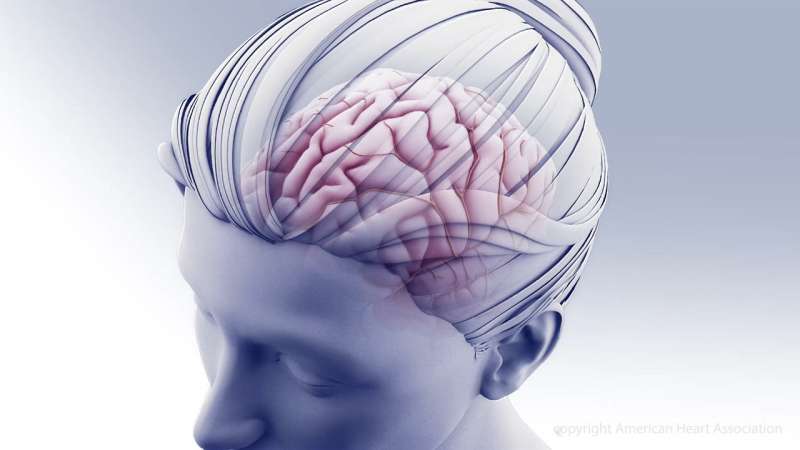Many stroke survivors don't receive timely rehab

Whether they are referred to home-based or outpatient rehabilitation after hospital discharge, many stroke patients don't receive rehabilitation services, according to preliminary research presented at the American Stroke Association's International Stroke Conference 2018, a world premier meeting dedicated to the science and treatment of cerebrovascular disease for researchers and clinicians.
"We don't know the exact reasons why these patients did not receive rehabilitation, but we assume it has to do with the co-pay that is associated with outpatient therapy services, even for those who have insurance. Home health, on the other hand, does not include co-pays, but there were still over half of those referred who did not receive it," said Cheryl Bushnell, M.D., M.H.S., study author and professor of Neurology and director, Wake Forest Baptist Stroke Center, Wake Forest Baptist Health in Winston Salem, North Carolina. "Clearly we need more research to understand these factors."
Timely rehabilitation after stroke is essential to optimize recovery. In this study, researchers evaluated whether patients discharged directly from the hospital to their homes experienced delays or gaps in care. In preliminary results from a pragmatic trial of COMprehensive Post-Acute Stroke Services (COMPASS), researchers called 369 participants thirty days after their discharge from the hospital. These patients included only those who had been referred to rehabilitation either at hospital discharge or at a follow-up clinic visit within 14 days of discharge.
Researchers found:
- 115 patients were referred to home health rehabilitation services, but less than half (43.5 percent) received it;
- 85 patients were referred to outpatient rehabilitation, but only about a third (34.1 percent) received it;
- non-white patients referred to outpatient rehabilitation were 78 percent less likely to receive it than white patients, after adjusting for factors such as age, severity of stroke and degree of disability; and
- no demographic factors were identified that distinguished those who did and did not receive home-based rehabilitation.
COMPASS researchers said a significant gap exists between referral to and receiving recommended stroke rehabilitation services. There may also be a disparity with out-patient therapy for non-white patients; however, these results will need to be replicated in larger trials.















